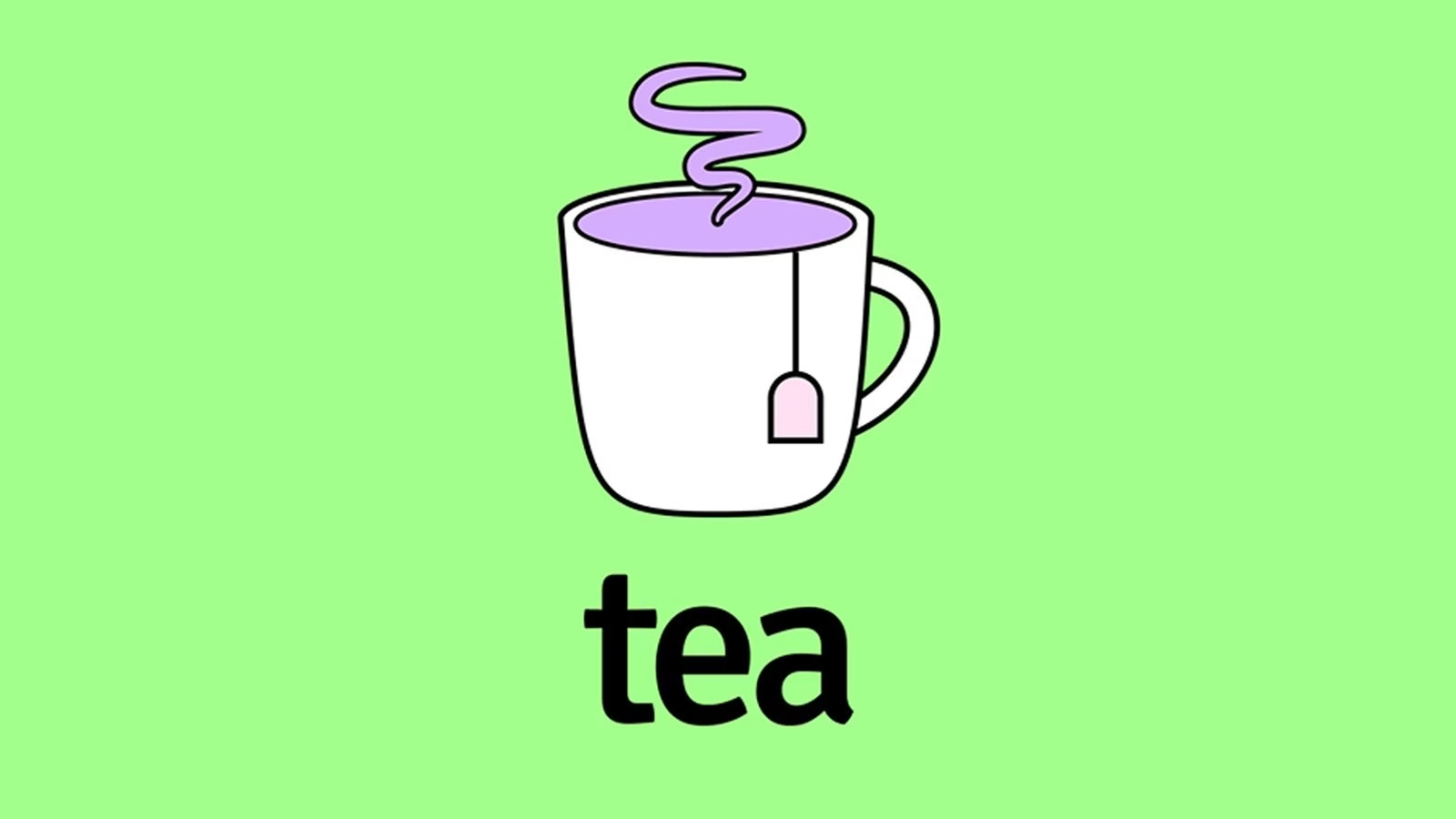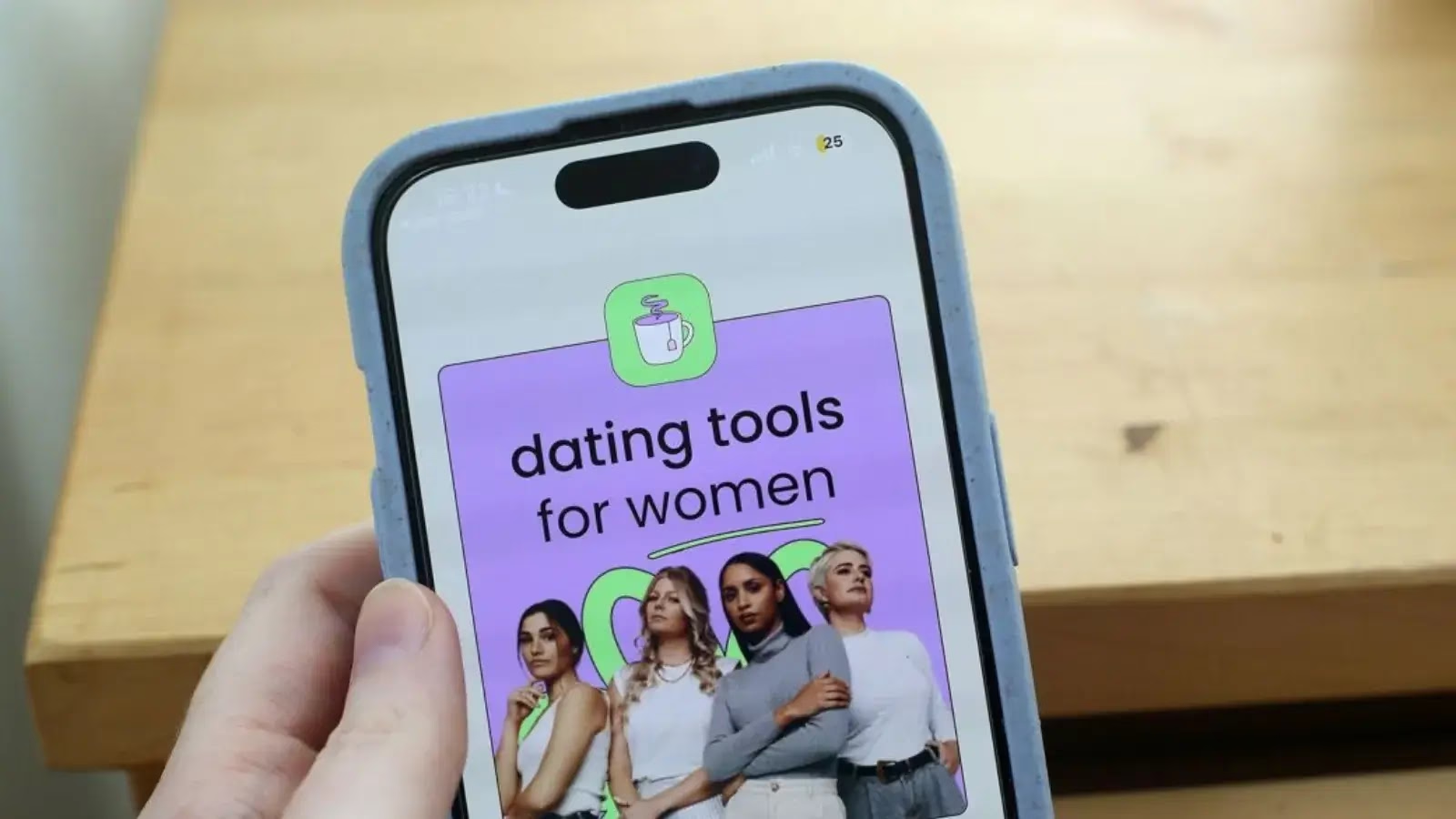Tea app, a women-only dating safety app, is facing intense scrutiny after confirming a data breach that exposed over 72,000 images, including identity verification selfies and government ID documents. The app, which gained popularity by offering tools to anonymously review and vet men, is now at the centre of a growing conversation about platform responsibility and user trust.
Launched in 2023 by Sean Cook, Tea was created after his mother experienced abuse on a dating platform. The app positioned itself as a safety-first space for women navigating online dating, offering features like reverse image search, criminal record checks, and a red/green flagging system. By July 2025, it had climbed to the #1 spot on the U.S. App Store.
But as the platform scaled, the systems meant to ensure user protection failed to prevent a large-scale exposure of sensitive data. The breach raises questions not just about Tea’s infrastructure, but about how safety-focused platforms are built — and whether that safety extends beyond intent into architecture.
What the Tea App Was Built For ?
Tea was designed to give women more control and context in the world of online dating. Unlike conventional dating platforms, it didn’t focus on matching users or building connections. Instead, it positioned itself as a vetting tool — a place where women could anonymously share experiences, flag red flags, and run background checks before engaging with someone.
The app allowed users to:
- Search and tag men by name, photo, or number
- Run reverse image searches to verify profile authenticity
- Access public records like criminal charges or sex offender status (U.S.-only)
- Leave anonymous reviews about behavior, safety, or red flags
- Use a “red” or “green” flag system to publicly indicate warning signs or positive experiences
Membership was restricted to women. Men couldn’t join, interact, or respond to reviews. The platform was deliberately one-sided, built on the belief that giving women a private channel to vet men could enhance digital safety.
In early 2025, Tea expanded rapidly, reportedly adding nearly a million new members in a week and crossing 4 million users globally. Much of this growth came through word-of-mouth and virality on platforms like TikTok and Reddit — often framed around “helping women protect each other.”
But the more visibility the app gained, the more it drew attention — both from those who saw it as empowering, and those who questioned its legal and ethical boundaries.
The Tea App Data Breach – What Really Happened
On July 25, 2025, Tea publicly confirmed a data breach that compromised over 72,000 images from its platform. These included approximately 13,000 identity verification selfies and government-issued ID photos uploaded by users during the sign-up process, alongside 59,000 additional images sourced from user posts, comments, and direct messages.
The company stated that the exposed data came from a legacy storage system used for verification before February 2024, which had not been fully decommissioned. No email addresses, phone numbers, or payment data were leaked, according to the official statement.
The breach was first spotted when some of the images began circulating on 4chan, a message board known for data leaks and anonymous content dumps. In response, Tea disabled image uploads, launched an internal investigation, and brought in third-party cybersecurity firms to audit its infrastructure.
One controversial fallout from the breach was the creation of an unofficial “Tea App Map” on Google Maps, where someone plotted user data based on leaked information. Though Tea never had a public location-sharing feature, the app reportedly included mapping tools for internal background checks, such as identifying known offenders. Whether the leaked map was based on internal location data or inferred from hacked documents remains unclear. What is clear is that the map raised serious concerns about user privacy and the risk of re-identification, especially in regions where online dating is still taboo or even dangerous.
Key Timeline:
- Pre-February 2024: Users uploading verification images stored in legacy system
- July 24, 2025: Leaked photos appear on 4chan
- July 25, 2025: Tea confirms the breach, begins damage control
- Post-breach: Company disables image uploads and launches external security audit
At the time of writing, Tea has not disclosed how many users were directly affected or whether any legal or regulatory action is underway. However, it has stated that affected users are being notified, and enhanced data protection measures are being put in place.
Trust by Design — or Breach by Default?
Tea’s appeal was built on the promise of privacy, protection, and proactive safety. But the breach has exposed critical flaws in how that promise was implemented — particularly in the way sensitive user data was handled and stored.
At the center of the issue is the verification system. To ensure women-only access, Tea required users to submit selfies holding their ID cards. While this helped prevent misuse and fake accounts, the storage of these images appears to have relied on legacy infrastructure that wasn’t fully retired after the app’s security architecture was updated in 2024.
This design choice — retaining thousands of sensitive images on an outdated system — became a single point of failure.
From a technical standpoint, there is no public evidence yet of an advanced exploit or targeted attack. The breach appears to stem from exposed or poorly secured assets, raising concerns about how platforms built around trust should handle the infrastructure that supports it.
Whether this is an isolated misstep or a sign of deeper architectural oversight is something we may explore in future coverage — if it becomes more relevant to the Indian platform ecosystem.
Conclusion: When Platforms Ask for Trust, Who Holds the Risk?
The Tea breach isn’t just another cautionary tale from abroad — it’s a mirror held up to every platform that builds itself around trust and safety, especially in spaces meant for women. Tea’s promise was protection. Its failure, unfortunately, stemmed from the very mechanism designed to ensure it.
As someone watching the evolution of Indian platforms closely, I can’t help but draw parallels. In India, we are seeing a similar shift — where safety features are no longer optional but core selling points. Whether it’s dating apps verifying selfies or women-only communities promising curated spaces, trust is increasingly being coded into the product itself.
But trust without accountability, especially in infrastructure, is fragile.
India’s data protection landscape is still maturing. If such a breach were to occur here, the fallout might not even make headlines — and that’s the bigger concern. Most users wouldn’t know how their data is handled, let alone where to seek redress.
I’m not here to offer moral panic or premature conclusions. But as platforms continue asking for more — more data, more identity, more trust — maybe it’s time we start asking more from them too.
Discover more from WireUnwired Research
Subscribe to get the latest posts sent to your email.





